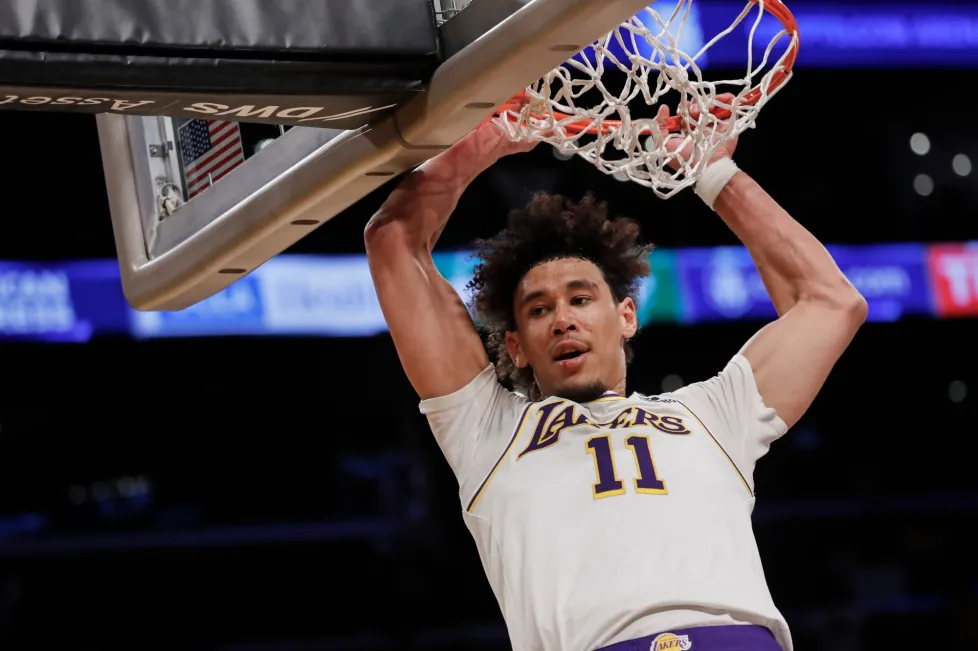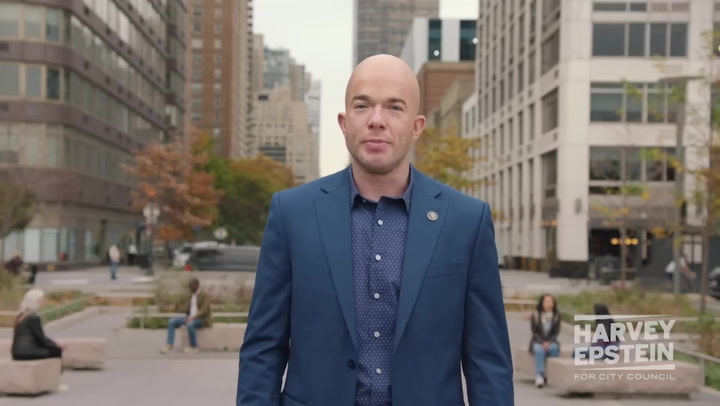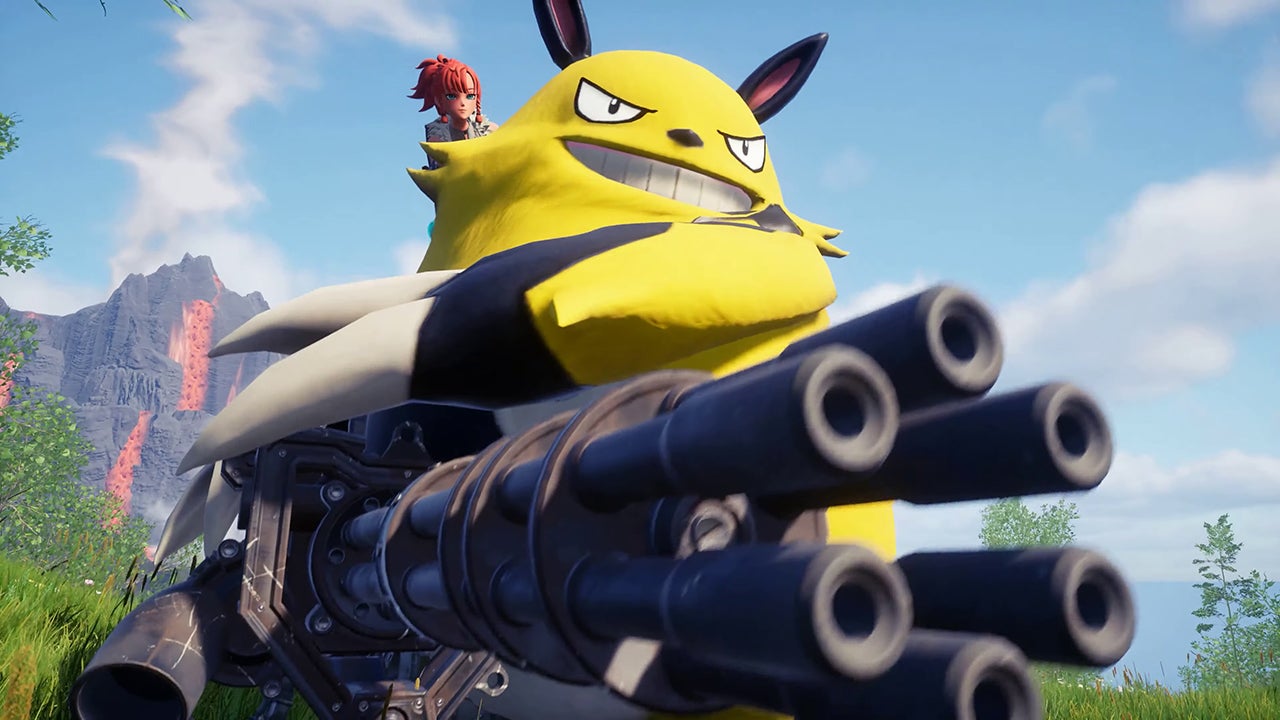
The recent lawsuit filed by Nintendo and The Pokémon Company against Pocketpair, the developers of the hit game Palworld, signifies a serious confrontation in the gaming industry. The lawsuit has raised eyebrows, especially since it is focused on patent infringement rather than copyright violations. The implications of this legal battle could be far-reaching, particularly concerning how video game mechanics are protected under patent law.
According to patent expert Andrew Velzen, the decision to pursue a patent infringement lawsuit indicates just how concerned Nintendo is about the competitive nature of Palworld. This has set the stage for a potential legal showdown that could reshape the way video game developers approach innovation and similarity in game mechanics.
Palworld, which quickly captured the game's market upon its launch in early 2024, has been compared to Pokémon in various aspects, leading to accusations of design similarities. However, instead of pursuing a copyright infringement case—a route often taken in the industry—Nintendo opted for a patent war. This decision could stem from specific gameplay mechanics that directly mirror those found in the Pokémon series, potentially making the case more robust and damaging.
U.S. Lawsuit May Follow
In the aftermath of the Japanese lawsuit, there are hints that Nintendo may consider further legal action in the United States. Given the popularity of both franchises, a U.S. lawsuit could draw greater attention from fans and stakeholders within the industry. Legal analyst Andrew Velzen elaborates on this potential development, suggesting that if Nintendo secures beneficial outcomes in Japan, it may pave the way for similar proceedings in the U.S.
The crux of the patent infringement claim centers around the mechanic used in Palworld for capturing creatures, resembling the iconic Pokéball mechanic found throughout the Pokémon franchise. As gaming mechanics continue to evolve, the legal boundaries that define originality and innovation within video games are becoming murkier.
Palworld vs. Pokémon Comparison
As the controversy unfolds, many gamers find themselves weighing the capabilities of Palworld against traditional Pokémon titles. The game has a unique capture mechanism involving a Pal Sphere, which allows players to collect creatures—a fundamental gameplay element that Pokémon has excelled in for decades. This similarity may serve as the primary point of contention in the lawsuit, highlighting the fine line developers tread when incorporating familiar mechanics into new games.
Since Palworld entered the market, its success has been meteoric, breaking records on Steam and even securing a place on Xbox Game Pass. With over 30,000 concurrent players shortly after launch, Pocketpair demonstrated the game's mass appeal. Takuro Mizobe, Pocketpair’s CEO, noted that the runaway success posed unique challenges, including managing tremendous profits that exceeded their expectations.
Further complicating matters, Pocketpair has since announced a new partnership with Sony, forming Palworld Entertainment, aimed at expanding the game’s reach beyond PCs and Xbox consoles. This strategic move indicates the company's commitment to capitalizing on Palworld's success, despite the looming legal threat posed by Nintendo.
Legal Implications for Game Development
The outcome of Nintendo's lawsuit against Pocketpair may set a precedent for how similar cases are handled in the future. The key question that arises is whether gameplay mechanics should be patentable or if they fall under the protections of copyright law. As the industry continues to grow, the ability of developers to use established mechanics while ensuring they remain legally distinct becomes a critical focus area.
The debate surrounding Pokemon's mechanics and their incorporation into new games raises questions about how much influence past titles should exert over future creations. If a game employs similar mechanics to a beloved franchise, should it incur legal scrutiny, or is it merely a case of inspiration drawn from a successful formula? These are pressing questions that the industry must confront as legal battles like the one between Nintendo and Pocketpair unfold.
Future for Pocketpair Amid Legal Troubles
Despite the legal challenges, Pocketpair is committed to maintaining its momentum with Palworld. The company has issued statements acknowledging the lawsuit while assuring fans that it will investigate the potential claims without hindrance to game updates and player support. The balance of sustaining player interest while navigating the complexities of legal obligations will be a delicate dance for the management at Pocketpair.
As the upcoming Tokyo Game Show approached, rumors surrounding new announcements and expansions for Palworld only heightened the stakes of this legal battle. While Nintendo's aggressive stance showcases its commitment to protecting its intellectual properties, the tech and gaming landscapes are always evolving, with companies seeking new ideas and refreshing old ones.
In conclusion, the ongoing lawsuit against Pocketpair is emblematic of the challenges that arise at the intersection of creativity and legal protection in the video game industry. How this case resolves could change the understanding of patent law in gaming and shift the industry paradigm regarding game development and innovation.



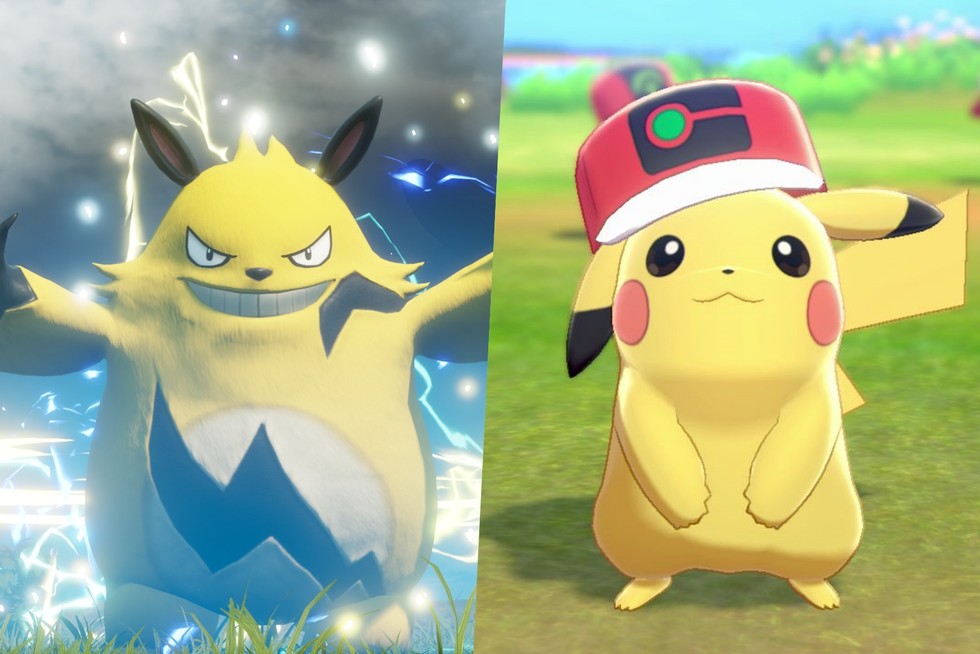
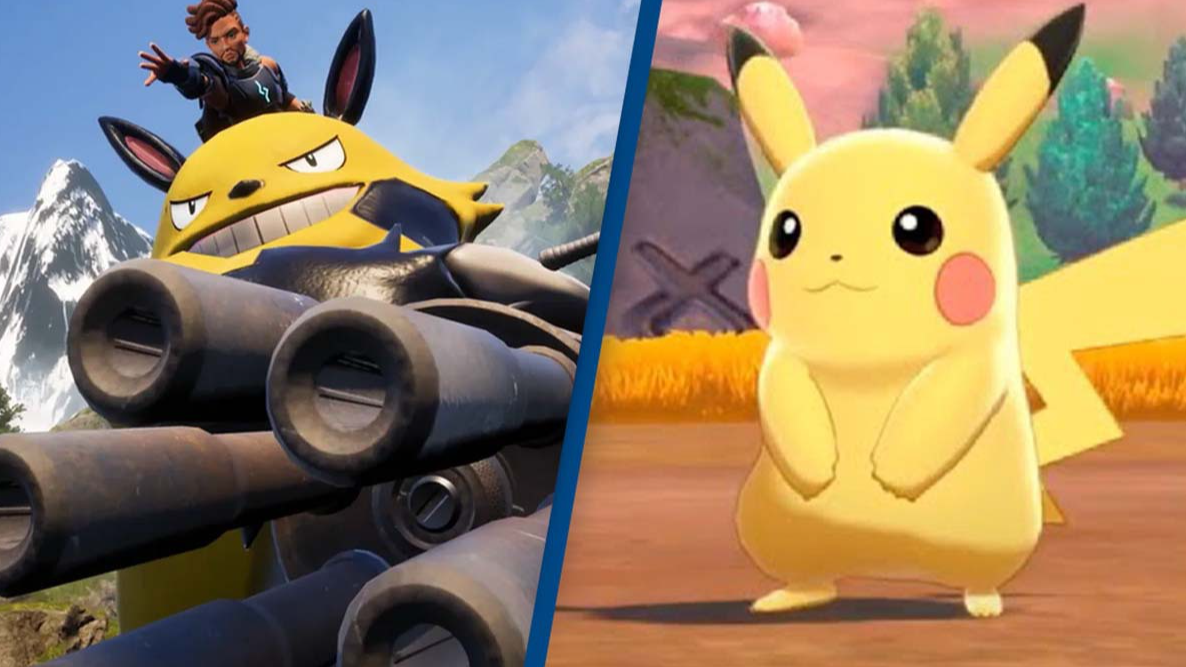
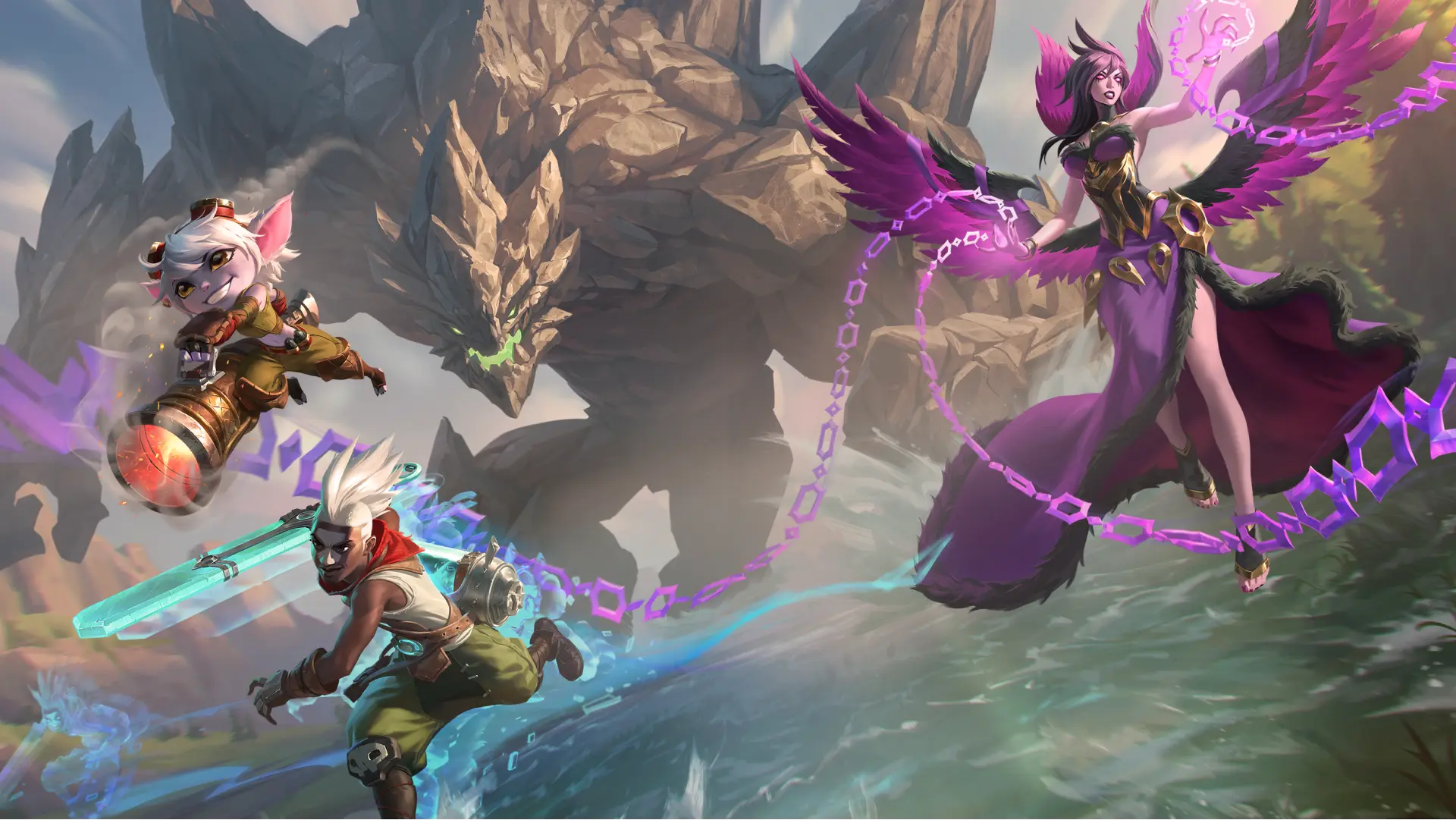
.webp)
